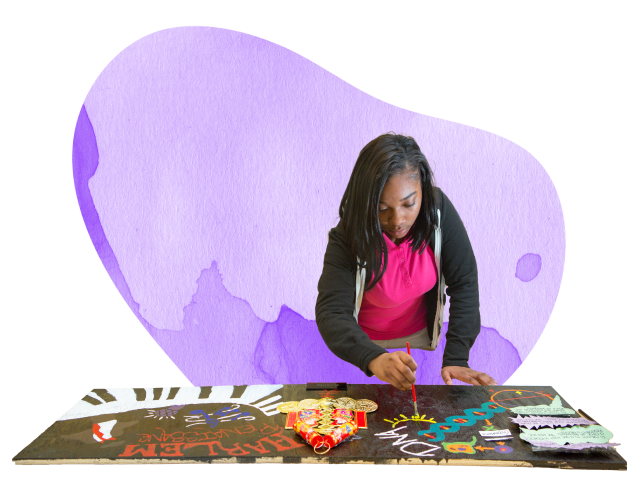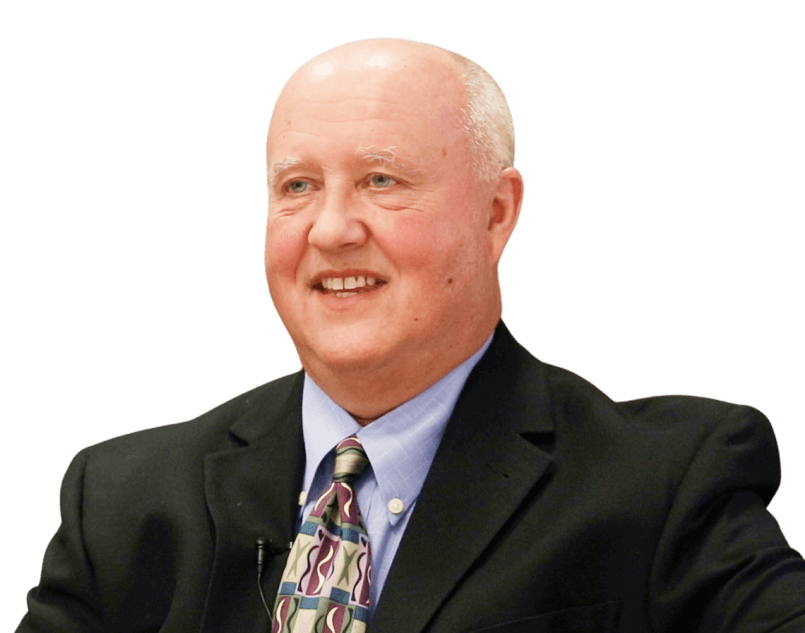
Most educators have had the thought about starting a school. This may have started as a frustration with current practice. Or perhaps a visit to a school that is good but just needs a little tweak. And then there are those that are full-blown school reformers for whom this conversation is daily. It is important to find these people to start a school. It is most important to be passionate, educated, and committed.
The “why” is usually specific but implicates many more complicated details that need to be worked out. There is also the schooling you have experienced, the moment when some teacher was really able to educate, to draw out of you, your best. Knowing this is critical for future decisions about what you can compromise and what you must have in your school.
This is the key. What have you done to make something better? What particular methodology have you implemented that leads you to believe that you have what it takes to start a school?

I answer these three questions by talking about my work in school reform. I am always trying to improve a school in my mind. I am always thinking about how to do things differently—to better serve more students. And what makes me passionate is my work in creativity through the arts in education.
When I was approached by an organization to start a school, using an arts integrated literacy based curriculum that they wanted me to design, it totally matched my passion for this work. I was thrilled to work hard to craft a curriculum that would engage every child through creativity, improve their reading proficiency, and help students from an impoverished neighborhood gain access to a quality curriculum.
